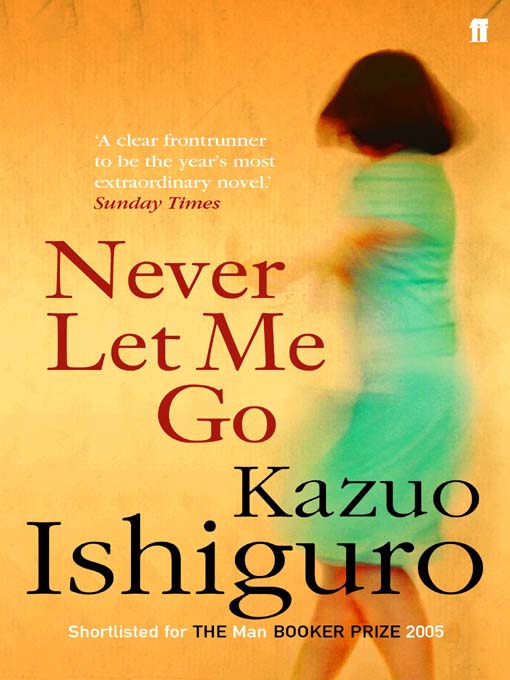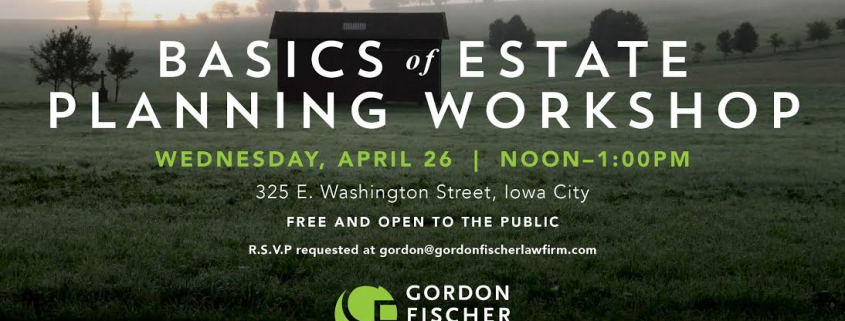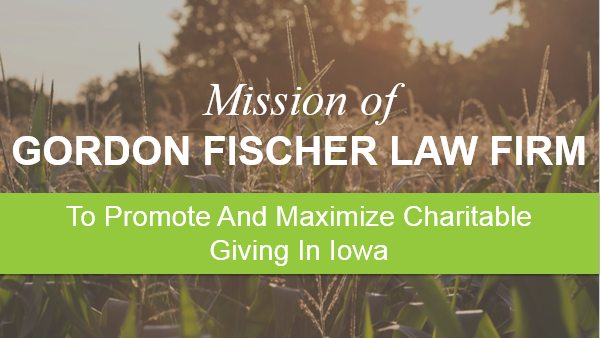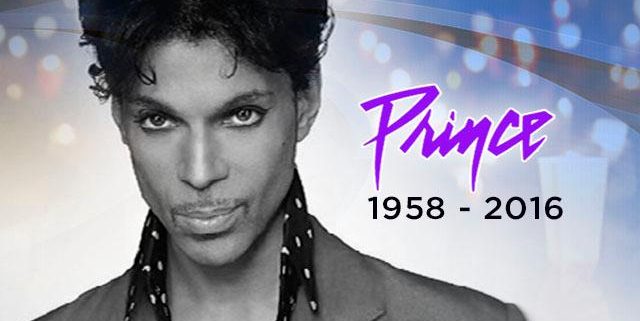The Nobel Prize in Literature for 2017 was awarded to Kazuo Ishiguro, “who, in novels of great emotional force, has uncovered the abyss beneath our illusory sense of connection with the world.” Ishiguro has written several novels, and is best known for two: The Remains of the Day, and Never Let Me Go.
Published in 2005, Never Let Me Go is a unique creation, a dystopian romantic drama set in a British boarding school; it’s part Kafka, part Austen, with a dashes of soft science fiction, and even slave narratives thrown in. Still, despite its uniqueness (or, because of it), the novel reveals four themes useful when planning your estate.
If you’ve read Never Let Me Go, you know it’s so hard to discuss this book without spoilers. Still, no spoilers below.
Lesson # 1. You need direct, unvarnished, and unbiased advice
Never Let Me Go is told in first person narrative by the character Kathy H.
Kathy H. is what your English lit professor called an “unreliable narrator.” There are reasons to question if what she relates is the entire truth. She’s limited even as to what she is truly and able to see and reflect upon.
But, don’t we all have our own blind spots? A good estate planning lawyer, along with professional expertise, offers a clear view and objectivity. By working with a lawyer, you’re going to bring that extra voice of reason to bear on current and future estate planning needs. Is it a good idea to leave your entire estate to your cat Tiger? Should you instead consider a pet trust? Is your 18-year-old kid truly mature enough to responsibly handle your million-dollar life insurance policy payout in one lump sum? A lawyer can give you direct, unvarnished, and unbiased advice.
Lesson # 2. YOU decide the terms of your own estate plan
Many who’ve read Never Let Me Go come to vastly different conclusions as to what the novel “means.” No one interpretation is “right,” nor are any interpretations “wrong.”
When you talk to your beneficiaries about estate planning—whether it’s loved ones, charities, or hopefully both—be aware they have their own point-of-view. That’s not meant as criticism. It’s just that reasonable folks can, and often do, differ on resolving issues.
It’s YOUR estate plan. Except for the most extreme cases, there is no right or wrong. Your estate plan is whatever you decide it is.
Lesson # 3. Read and reread (and reread again) very carefully
Never Let Me Go, at first glance, is a coming-of-age story, with twists. Upon rereading, many readers report they view the novel much differently—as a deep allegory; a meditation on memory and forgetting; the meaning of love and what it means to be loved; the definition of being human; and most especially, what should we each do with our own life, lives that are all too short.
Even though you’ve hired a professional estate planner, who’s put a lot of time and thought into drafting an estate plan perfect for your needs, you must read the estate planning so carefully. And reread it. Upon rereading(s) you might, say, change your mind on overall goals; think of a new issue to address; realize what sounded good during a conversation may not look as appealing when written down on paper; remember another nonprofit you want to aid, and so on.
Read, read carefully, and reread carefully.
Lesson #4. Leave a Legacy
Forgive me for posting this horrible hypothetical, but suppose you suddenly suffer from major organ failure. What will your legacy be? What do you want your legacy to be?
Estate planning is largely a part of leaving a lasting legacy. No matter what happens, through estate planning you ensure your legacy will continue.
Have you read Never Let Me Go? I’d love to hear your thoughts on the book as well as any questions you may have about your estate plan. If you don’t have an estate plan, now is a great time to get started. Fill out my Estate Plan Questionnaire or contact me by phone (515-371-6077) or email.


















